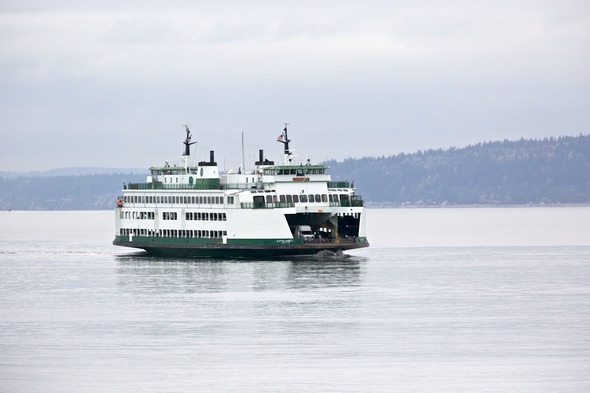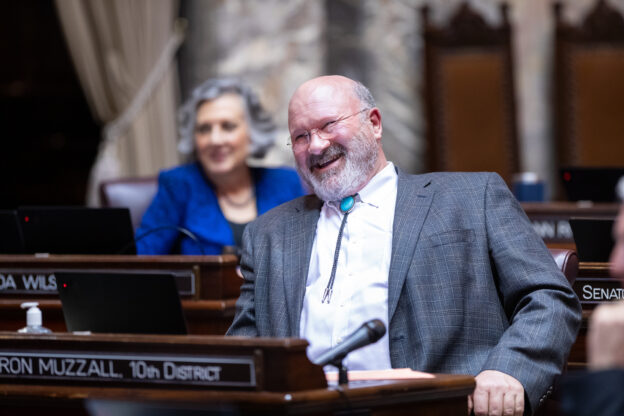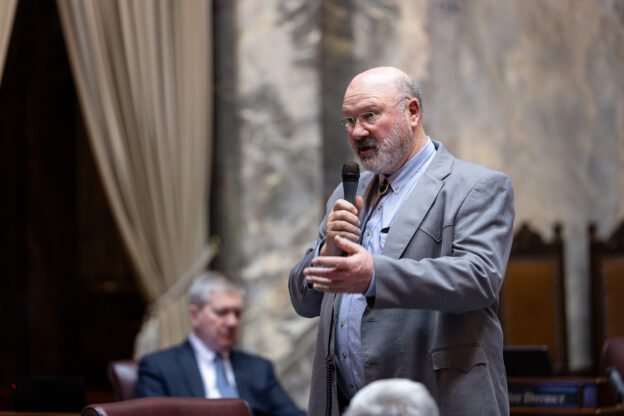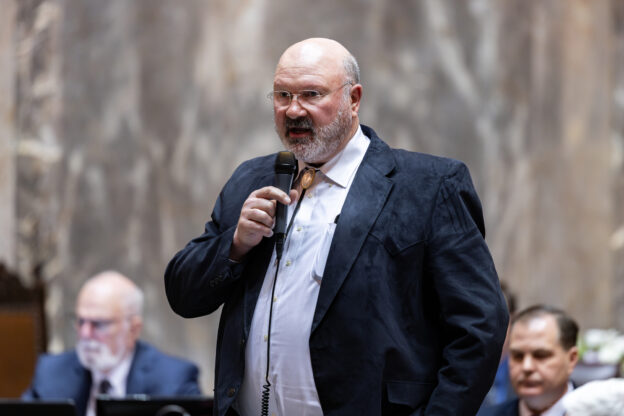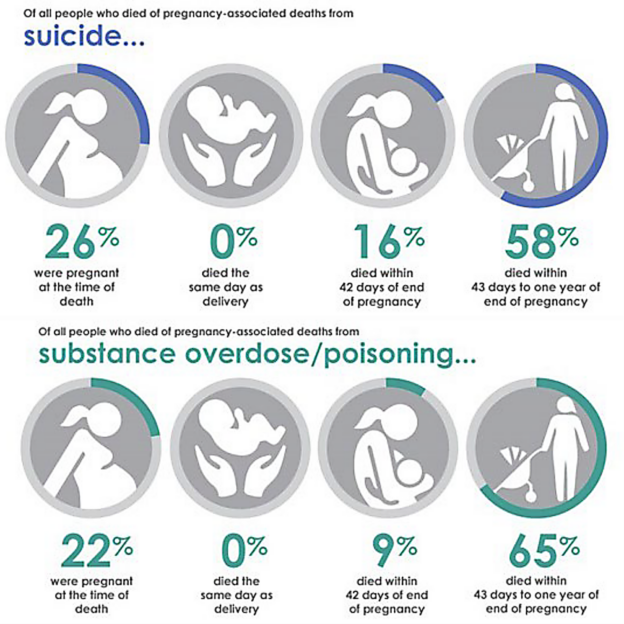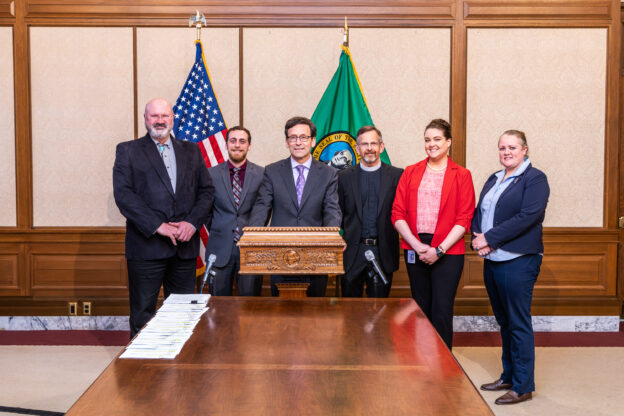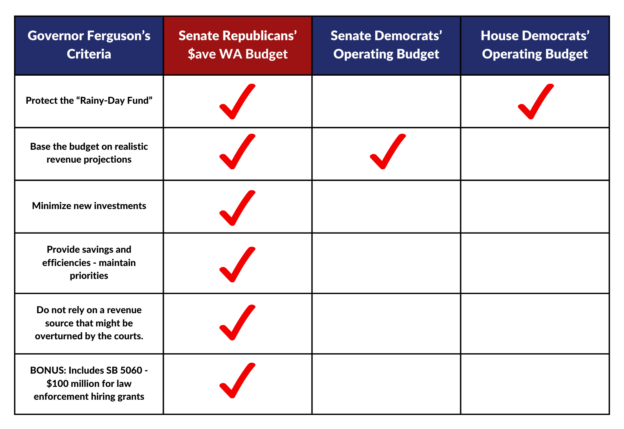Neighbors,
I’ve been hearing from many of you about the recent decision to award Washington’s hybrid-electric ferry contract to an out-of-state builder, and I understand your frustration. Let me set the record straight and share where I stand.
First, let’s clarify how this decision was made. The Legislature did not approve or select this contractor. We authorized funding in the transportation budget to get new boats built, something we all agreed was overdue. But the final authority to award the contract lies with Washington State Ferries (WSF), the Department of Transportation (WSDOT), and ultimately the Governor’s office. Like many of you, I was surprised by the announcement, and disappointed that key transportation leaders weren’t briefed before it was made public. That’s a problem. Big decisions deserve transparency and full input from all sides, not press releases after the fact.
Now, let’s talk about the numbers. The Florida-based company came in with a bid around $714 million. Nichols Brothers, our in-state shipbuilder on Whidbey Island, came in closer to $1.07 billion, a $356 million difference. That’s staggering. House transportation leaders noted that even with a 13% in-state bidder preference, a well-established Washington company couldn’t come close. That’s not just about price tags. It’s a reflection of the broader cost structure we’ve imposed on our own job creators.
We have to ask: Why is doing business in Washington so expensive that local firms are priced out of public contracts? It’s not a question of talent or capacity, Nichols Brothers has a proven track record. But years of added taxes, regulations, wage mandates, and compliance costs have taken their toll. And with more tax increases passed this session, it’s only getting harder for our local businesses to compete.
That said, after years of delays and missed timelines, I am relieved to see construction finally moving forward. We were supposed to have new ferries in the water already under the original schedule, but high bids from in-state builders prevented us from proceeding. Constituents in our district, who rely on these ferries every day, deserve real progress, not more broken timelines.
This contract is about more than ferry construction. It’s about our state’s future. Are we building a Washington where we support in-state manufacturing and keep jobs here? Or are we creating a climate where even our most capable employers are forced to the sidelines?
I’m digging into what the law allows when it comes to prioritizing local contractors. We do have an in-state bidder preference, but it’s not a blank check, and it doesn’t apply when the cost difference is this large. We have to be responsible with taxpayer dollars. But we also have to ask hard questions about why those costs are so high in the first place.
Here’s what I can promise:
-
I’m committed to getting the facts, all of them.
-
I’m committed to transparency, even when the process around me isn’t.
-
And I’m committed to defending our local communities and industries, not just in ferry contracts, but in every policy decision that affects their ability to survive and grow.
This isn’t a black-and-white issue. It’s complicated, and I won’t jump into one camp or the other just because it’s politically convenient. That’s not how I do things. I owe you thoughtful, honest leadership, and that means asking tough questions, even when the answers aren’t easy.
Thank you for reaching out. Keep pushing. Keep asking. Keep holding us accountable. That’s how we fix what’s broken, together.
Sincerely,

Senator Ron Muzzall
10th Legislative District











